
assignment is to produce a two-page analysis of the assigned article, Personality and Wealth.
Format for Article Critiques
Citation (author, journal name, issue number, date, journal title)
Research purpose and/or research question(s)
Research approach – methodologies used
Main points; highlights of findings
Article strengths
Article weaknesses
How well the research answered the research question(s), or achieved the research purpose
——————
Some pointers on how to get started:
Ideas for Critiquing Articles (also you may refer to the Pyrczak book):
There is no fixed method for critical analysis. Remember that pure summarization is not the main objective.
Consider the following techniques (remember, none of this is carved in stone; none is required; doing all of
them would be overkill; these are tips):
• Read the article. Read it once in order to understand what its contribution is supposed to be, then read it
again, more thoroughly and carefully.
• Outline the article either by hand or in Word. The act of writing out the key points will help focus your
thinking and help in remembering. (But remember, you’re not going to hand in the outline.)
• Identify the contribution: What was the purpose of the article? What’s new about the article? (Bear in mind,
it would not have been accepted for publication if the editors/referees didn’t think it added something
worthwhile to the field.) How significant or far-reaching is the “new” part? What did you learn from it that
you didn’t know before? How could it be applied in practice? Did the article achieve its purpose?
• Sources: Think about where the data or other information came from that the author used to formulate his or
her ideas, findings, etc. Did they document or explain adequately where the source material came from? Do
the findings appear to be justified based on the source data?
• Probe for weaknesses & limitations: Ask yourself about assumptions, limitations, and omissions in the
article, either explicitly stated or implicit. For example, in a marketing article: the writer may be addressing
consumer marketing and his or her points may not be as valid for business-to-business marketing. You may
even believe the article has outright errors in it. On stylistic grounds, it may be written poorly — too stuffy,
etc. The references may omit an important source you are familiar with and which you think would be
relevant.
• Research Methods: If the article is based on primary research, think about the principles of research design.
Have the authors followed good methodology? Have they reported their sampling criteria? Have they
disclosed the actual instrument used for data collection? If not, is it clear what they did? Can you tell whether
their data design, collection and analysis pass muster as good research?
• Extensions & parallels: Could the article be extended into a different and/or larger realm? How could some
aspect of the article be exploited or adapted in another topic or context
• Relate to your own experience: You may see a parallel from the article to something you see in your own
company, industry, or profession. Describing the parallel and its usefulness and limitations can be quite
interesting. When you write from your own expertise, you tend to be on firmer ground (at least you have an
advantage over most readers).
• Examples & counterexamples: Think of a small set of cases, even one, where the thesis of the article seems
to apply especially well, or not to apply, or to be entirely wrong.
Not all of the above approaches can be used in one critique. A perfectly good critique might use few of these.
An original approach can be refreshing to the reader. The basic idea of the critique is to expand both your
knowledge and your capacity for critical thinking, and to convince the reader that you’ve done that.
